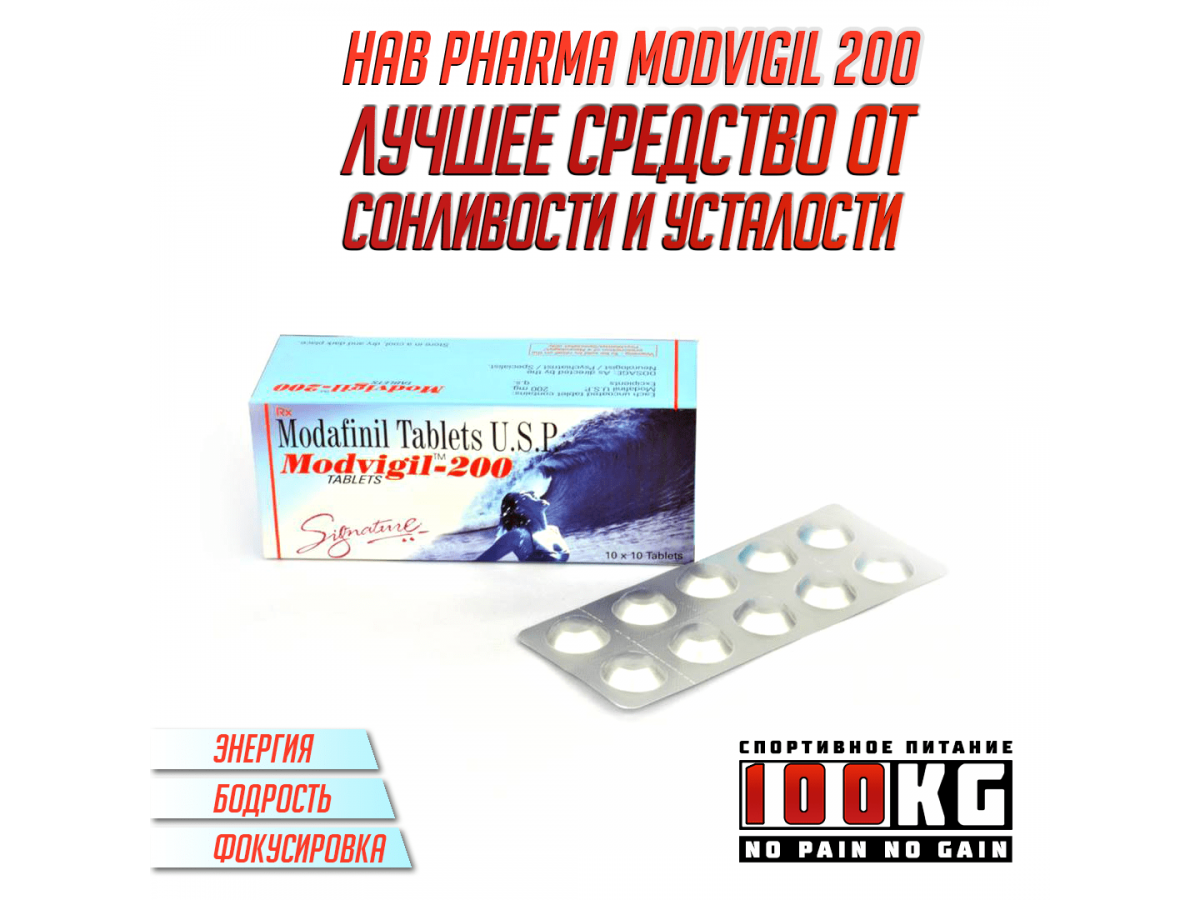Price: 0 uah
Checkout
This article is about a person with an "unoccupied brain" who had never taken modafinil before and tried Modvigil for the first time in a 200 mg dose against narcolepsy - which has found off-label use and is much more popular as an agent promoting wakefulness for people ranging from jet fighter pilots to students who love to study, work, and just party all night long. Relevant questions were asked about how he feels, whether modafinil affects his productivity, and openly discusses the possible side effects of modafinil.
Dosage: 100 - 200 mg
Half-life: 15 hours
Modafinil's medical uses: sleep apnea, narcolepsy, and shift work disorder
Created in the 1970s in France, modafinil (generic name, sold under various brand names, one of which is Modvigil) is prescribed by doctors and is the best treatment for patients suffering from narcolepsy or sleep apnea. When used off-label as a "smart" drug, it is a well-known solution for "not sleeping", used to combat fatigue: by doctors, obsessed students, and military personnel. There have been reports in the media that athletes, including baseball player Barry Bonds, have used modafinil along with human growth hormone and anabolic steroids. Typically, this "smart drug" is used by athletes to prolong workouts and increase overall performance.
An anonymous subject is given a dose of 200 mg of modafinil around 11 a.m. (one tablet usually contains 100 or 200 mg), and a controller checks on him throughout the day to study the effects and subjective experience for the first use.
“I felt quite busy with my work”
said the subject when asked to describe how he felt under the influence of modafinil. The controller assumes that if users perceive modafinil as enhancing productivity, it would be good to plan ahead what work they intend to do, otherwise they may risk investing energy in tasks that are not worth focusing on.
“As soon as you take modafinil (and everything seems more focused), you lose the ability to make decisions with your baseline level of interest”.
When asked if he would notice any striking difference in his behavior if he were given a dosage without his knowledge, he said:
“I guess I would just feel good”.
To describe how his day was productive - with fewer common distractions like wanting to check email or Facebook - but there were no noticeable side effects, only a general sense of well-being and focus on his work.
Unlike stimulants such as caffeine, geranium extract, etc., modafinil promotes wakefulness without tremors, anxiety, rapid heartbeat, or aggressive behavioral changes. And unlike Adderall, which is also known for its exceptional mental focus, there are no known negative health consequences. There is also no dopamine surge (dopamine is the brain's primary "reward" neurotransmitter), so modafinil is not considered addictive. However, as a relatively new drug, patients have not taken modafinil long enough to understand its long-term effects (or the internal mechanism by which it does what it does).
The half-life of modafinil in the body is 15 hours - significantly longer than many drugs, so those who take it should consider the time interval before sleep, before drowsiness normalizes. A related drug, Armodafinil, is a milder wakefulness agent.